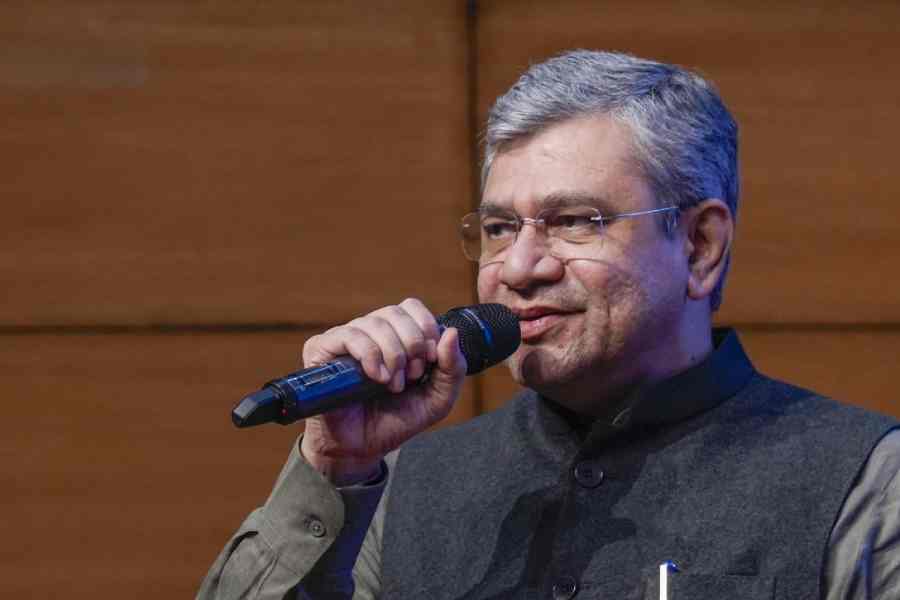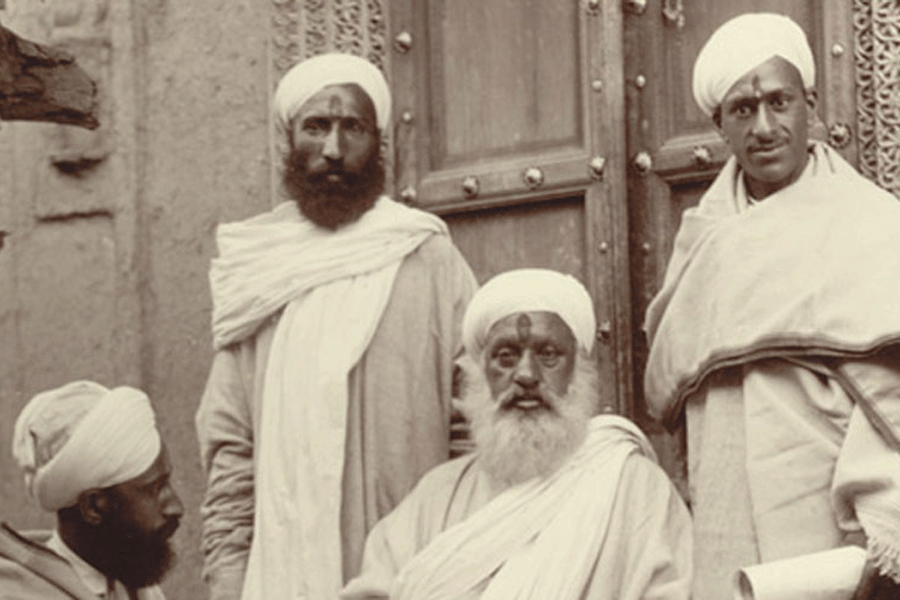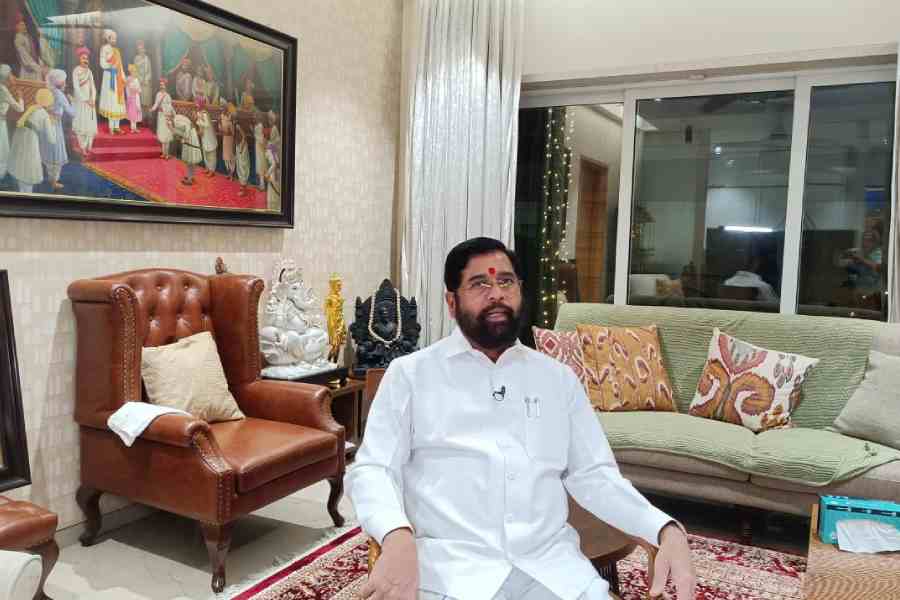When the union representing Hollywood writers laid out its list of objectives for contract negotiations with studios this spring, it included familiar language on compensation, which the writers say has either stagnated or dropped amid an explosion of new shows.
But far down, the document added a distinctly 2023 twist. Under a section titled “Professional Standards and Protection in the Employment of Writers”, the union wrote that it aimed to “regulate the use of material produced using artificial intelligence or similar technologies”.
To the mix of computer programmers, marketing copywriters, travel advisers, lawyers and comic illustrators suddenly alarmed by the rising prowess of generative AI, one can now add screenwriters.
“It is not out of the realm of possibility that before 2026, which is the next time we will negotiate with these companies, they might just go, ‘You know what, we’re good,’” said Mike Schur, the creator of The Good Place and co-creator of Parks and Recreation.
“We don’t need you,” he imagines hearing from the other side. “We have a bunch of AIs that are creating a bunch of entertainment that people are kind of OK with.”
In their attempts to push back, the writers have what a lot of other white-collar workers don’t: a labour union.
Schur, who serves on the bargaining committee of the Writers Guild of America as it seeks to avert a strike before its contract expires on Monday, said the union hopes to “draw a line in the sand right now and say, ‘Writers are human beings’”.
But unions, historians say, have generally failed to rein in new technologies that enable automation or the replacement of skilled labour with less-skilled labour. “I’m at a loss to think of a union that managed to be plucky and make a go of it,” said Jason Resnikoff, an assistant professor of history at the University of Groningen in the Netherlands.
The fortunes of the writers, actors and directors negotiating new contracts this year may say a lot about whether the pattern will continue into the era of AI
In December, Apple introduced a service allowing book publishers to use human-sounding AI narrators, an innovation that could displace hundreds of voice actors who make a living performing audiobooks. The company’s website says the service will benefit independent authors and small publishers.
“I know someone always has to get there first, some company,” said Chris Ciulla, who has made $100,000 to $130,000 annually over the past five years narrating books under union contracts. “But for individuals not to understand how that can affect the pail-carrying narrator out there eventually is disappointing.”
Other actors fear that studios will use AI to replicate their voices while cutting them out of the process. “We’ve seen this happening — there are websites that have popped up with databases of characters’ voices from video games and animation,” said Linsay Rousseau, an actress.
New York Times News Service











